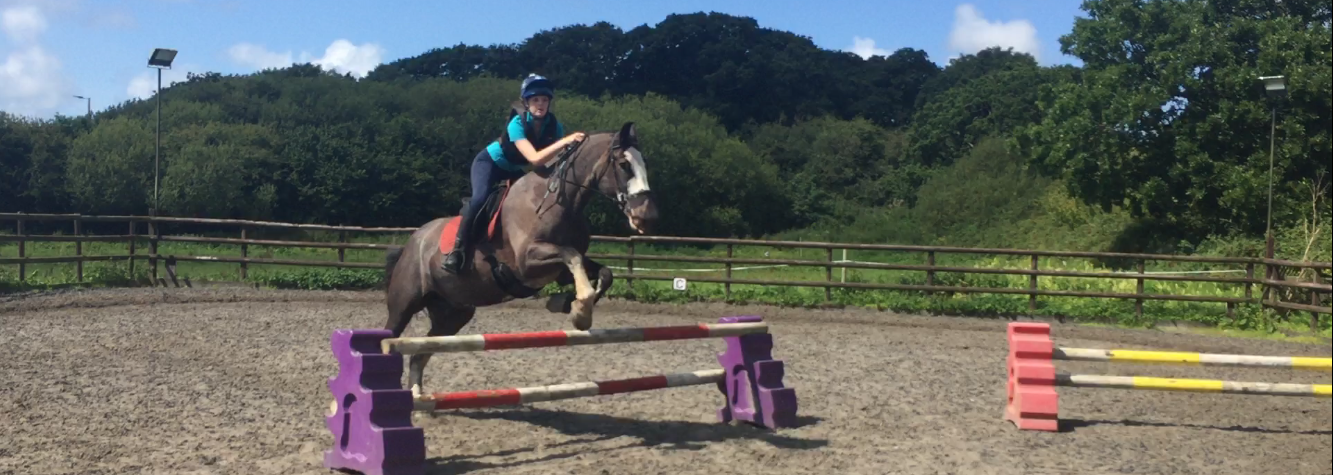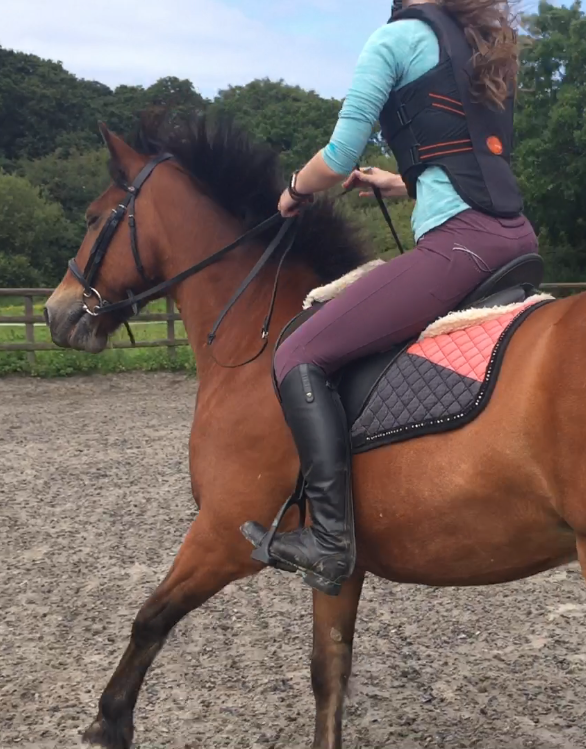
Owning or loaning a horse is a big responsibility. Horses rely on us to work out when they’re not 100%, it’s our job to reduce the likelihood of illness or injury and to pick up the symptoms, at the earliest stage possible, when there is something wrong. Here I have put together my top tips for keeping our precious ponies in tip top condition but also bringing attention to the fact that our golden oldies need some extra love and care (even if they don’t always act their age!)

Knowing what your horse should and shouldn’t act/look like is crucial for any owner or even loaner. Give your horse a regular MOT check yourself and get to know what is normal and then you’ll be more likely to know when something isn’t quite right.
On the outside
-A horse’s coat should have a healthy shine to it, even in winter, a greasy coat could mean that they’re not receiving enough nutrition. Experiment with different feeds or supplements to see what helps but also suits your horses regular diet.
-Cracked hooves are also another sign of lacking nutrition; hoof oils can help protect the hoof and therefore help it recover. Feed supplements can also help.
On the inside
A horse’s exterior weight condition is a huge indication as to what is going on inside;
-An underweight horse could easily mean just lack of food but it could also be stomach ulcers, worms or that your horse’s teeth need doing.
-An overweight horse is a sign of a too calorific diet, in the long term this leaves your horse more susceptible to being arthritic.
*Older horses are likely to drop condition in winter and require additional nutrition to help keep their weight on.
Exercise
As a rule horses enjoy their work! Keeping them exercised regularly is not only good for their fitness and physical health but also their mental health;
-Varying your horses work will help keep their minds busy and will reduce boredom.
-Lunging is a good solution to help build up fitness on a day when you don’t have time to ride.
-If your horse can’t be ridden then perhaps try in hand walks, this will keep their joints supple.
*Elderly horses that are still in regular work will need more warming up and cooling down time to help reduce the risk of muscle or tendon damage.
Every horse’s needs are different, there no ‘One size fits all’! Take the time to work out what your horse does and doesn’t need (yes most of us are prone to going overboard) to keep them happy and healthy.
